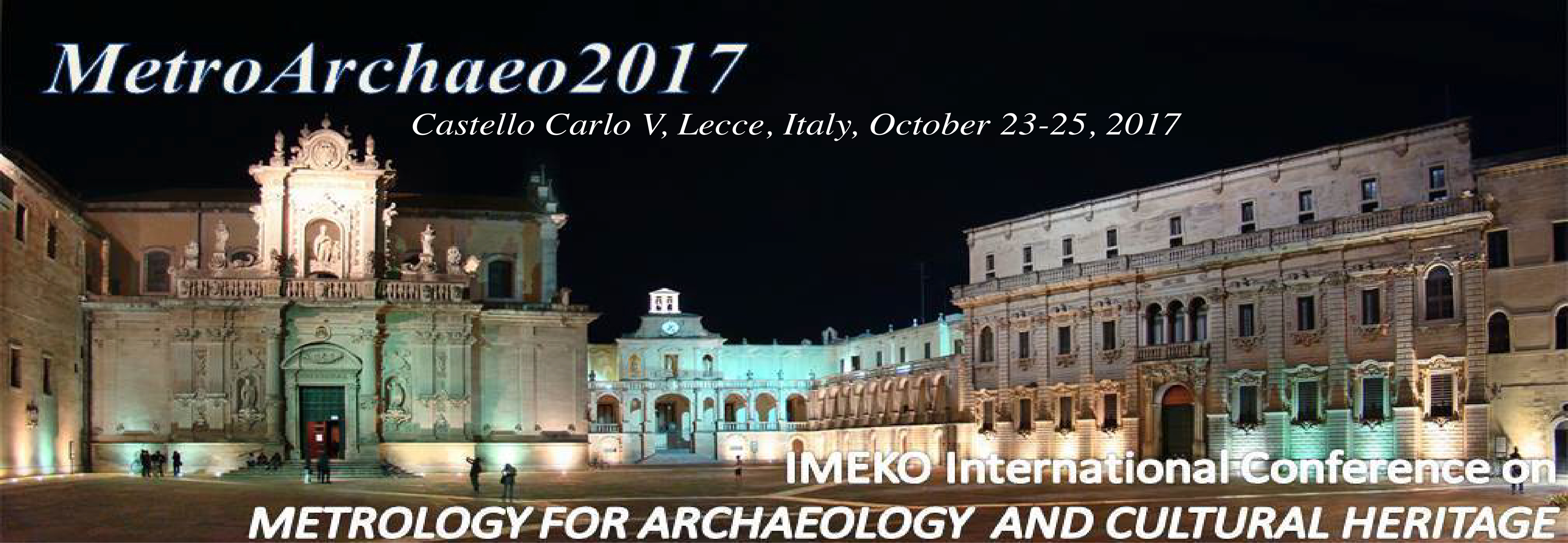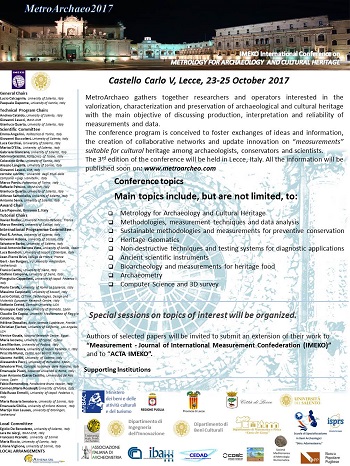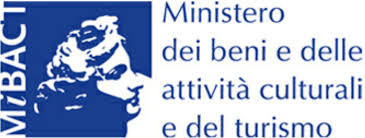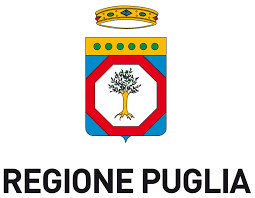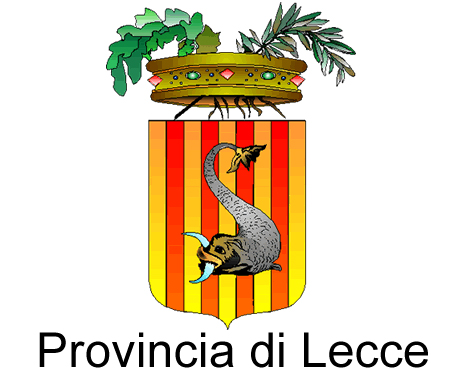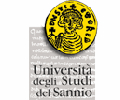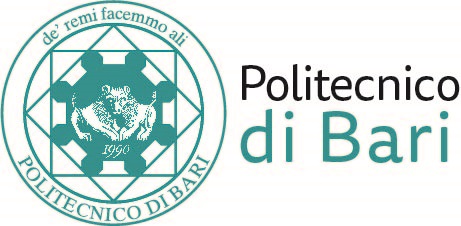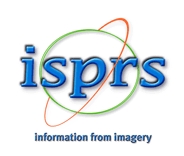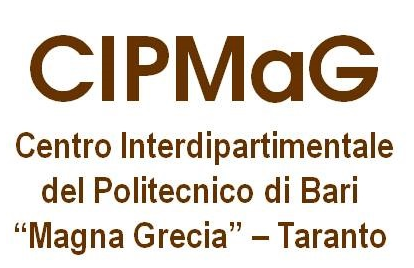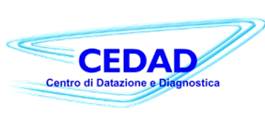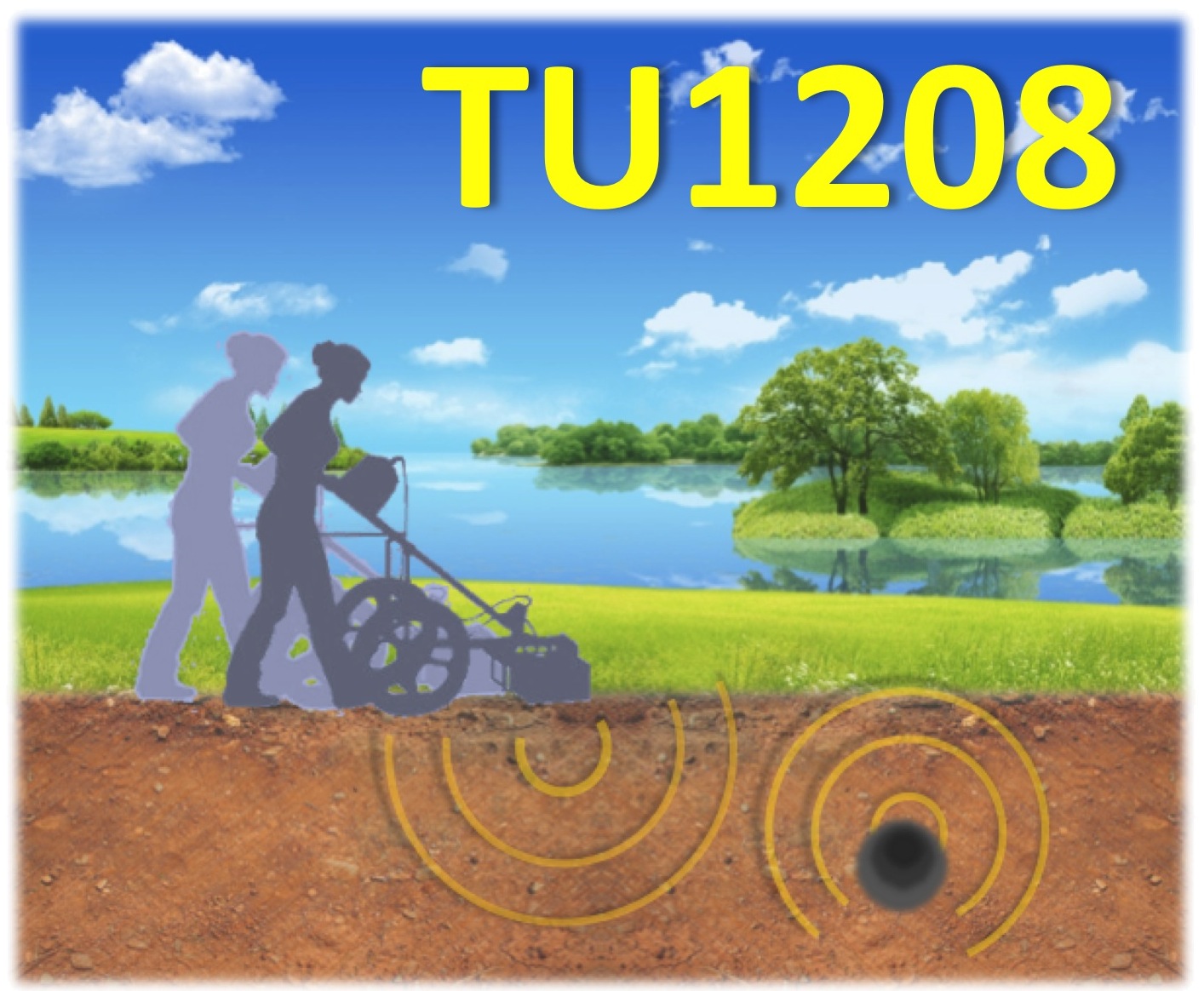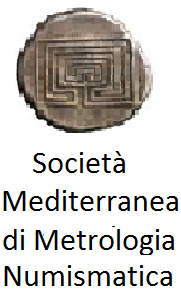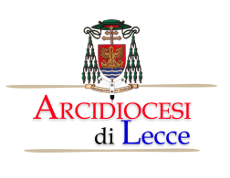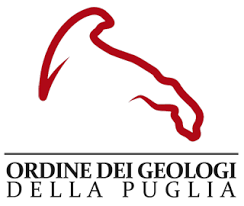3D data analysis of archaeological pottery
Organizers
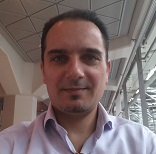
Links for analytical information about publications:
https://scholar.google.gr/citations?user=H5ikkF8AAAAJ&hl=el
https://www.researchgate.net/profile/Christos-Nikolaos_Anagnostopoulos
https://aegean.academia.edu/ChristosNikolaosAnagnostopoulos

Paolo Di Stefano
University of L'Aquila
email: Questo indirizzo email è protetto dagli spambots. È necessario abilitare JavaScript per vederlo.
Paolo Di Stefano is full professor of Mechanical Engineer at the Industrial Engineering Department of the University of L'Aquila (Italy). He holds his "laurea" degree in the University of Rome. Prior to joining the University of L'Aquila he held several manager position in automotive industry. He is the coordinator of the Master of Science Degree in Mechanical Engineering.
His current research activities involves computational geometry, geometric modeling, Feature-Based methodologies and automatic feature recognition, computer aided methods for dimensioning and tolerancing, geometric inspection of the industrial product, product design and development, analysis of the geometric differential properties in discrete models and methods for cultural heritage investigation.
His research activity is described in many scientific papers and congress communications published on international journals.
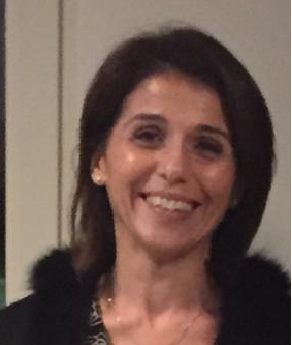
Anna Eva Morabito
University of Salento
email: Questo indirizzo email è protetto dagli spambots. È necessario abilitare JavaScript per vederlo.
Anna Eva Morabito received her PhD from the University of Salento in co-supervision with the University of Montpellier II in Lecce in 2003. She is associate professor at the Department for Engineering Innovation at the University of Salento. Actually, her main research interests are focused on geometric inspection of industrial product, feature recognition, geometric modelling of complex systems, computer-aided methods for dimensioning and tolerancing, analysis of the geometric differential properties in discrete models and methods for cultural heritage investigation.
She is co-author of many scientific papers and congress communications published on international journals.
Abstract
This special session gathers contributions related to 3D data analysis of archaeological pottery and how this is used to address the current research needs in the study of ancient ceramic pottery. Pottery generally is the most common finding in archaeological excavations, and usually they are found in fragments. The substantial presence of ancient pottery allows the archaeologists to complete large-scale diachronic and synchronic comparisons, and moreover, to reveal and communicate important information abo ut history, economy, culture and social status of societies from the past. However, due to the large amount of fragmented ceramic material found in archaeological excavations, the process to catalogue, study and classify them is a laborious and time-consuming task. The great importance of this research topic justifies the interest in new technologies to act as an assistive tool for the investigation of the archaeological findings. Therefore, 3D data measurements and modelling can play an important role in the analysis and interpretation of ancient ceramics. The 3D data analysis performed by suited methods, may potentially provide a better understanding of craftsmen expertise and pottery artists, as well as answering specific archaeological questions, providing methodologies for large scale archaeological information processing.
This special session will cover the following topics, but will not be limited to:
- Geometrical and morphological segmentation;
- Shape analysis;
- Pottery classification;
- Ceramics reconstruction from fragments;
- Detection of the characteristics dimensions;
- Axis estimation and grouping of potteries segments;
- The measurement chain for 3D data acquisition.
